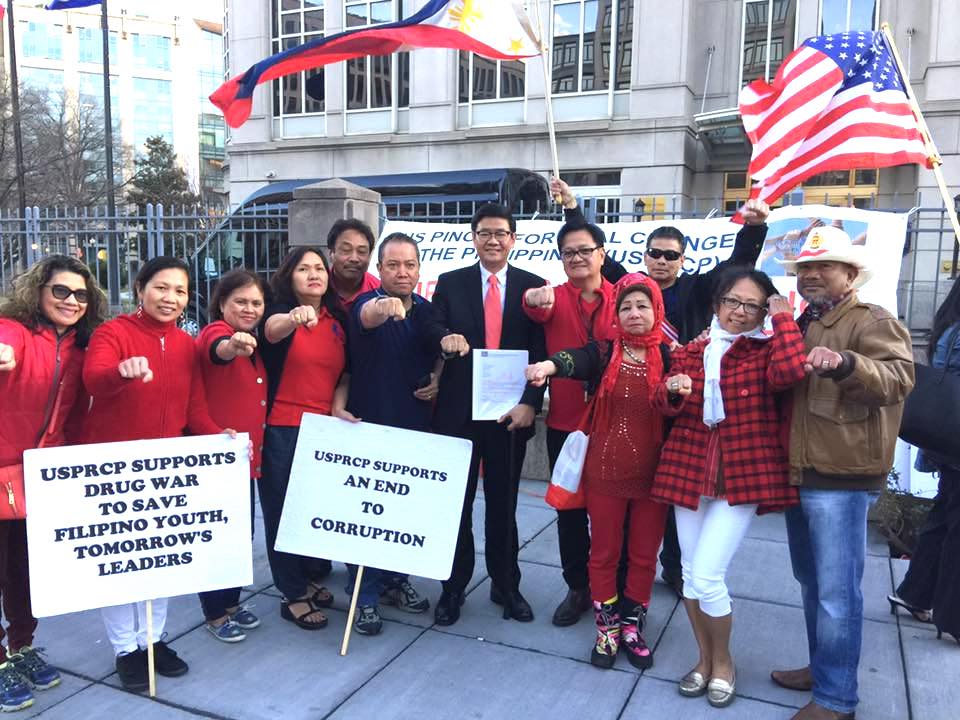- Press freedom also means following the law: US Pinoy group
- The lawyer said the exercise of press freedom also requires compliance with the law.
The Securities and Exchange Commission (SEC) has legal grounds to revoke the registration of Rappler, according to Virginia-based Filipino group US Pinoys for Real Change in the Philippines (USPRCP).
Lawyer Arnedo Valera, chairperson of USPRCP, said in a statement Rappler had violated the SEC regulations and the Philippine Constitution provision that mandates full Filipino control of local media companies.
The Constitution requires 100-percent Filipino control for any local media entity, while the Securities Regulation Code (SRC) states that control goes beyond ownership of shares and any form of control is control.

Valera said the SEC decision was independent as it was issued by appointees of former president Benigno Aquino III, adding that it was based on the 1987 Constitution enacted during the term of the late president Cory Aquino.
The lawyer said the exercise of press freedom also requires compliance with the law. “No one is above the law,” he said.
Valera suggested for Rappler to file an appeal to the Court of Appeals (CA).
In its January 11 ruling, the SEC said Rappler issued Philippine depositary receipts (PDRs) to Omidyar Network Fund LLC, an offshore fund formed by eBay founder Pierre Omidyar.
The conditions tied to the foreign investment infusion were what prompted the corporate regulatory agency to revoke Rappler’s registration of incorporation.

Law firm Dizon and Orbe-Dizon earlier said the control provision under the PDRs caused the violation.
“The provisions included a condition that Rappler and Rappler Holdings cannot alter, modify, or change their Articles of Incorporation and Corporate By-Laws without discussion with the Omidyar Network PDR holders and obtaining the approval of at least two-thirds of all issued PDRs,” lawyer Peter Michael Dizon said in the law firm’s website.
The firm said control under the SRC goes beyond ownership of shares, adding that foreign firm control should not exist at all.



